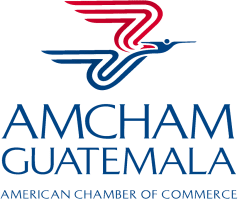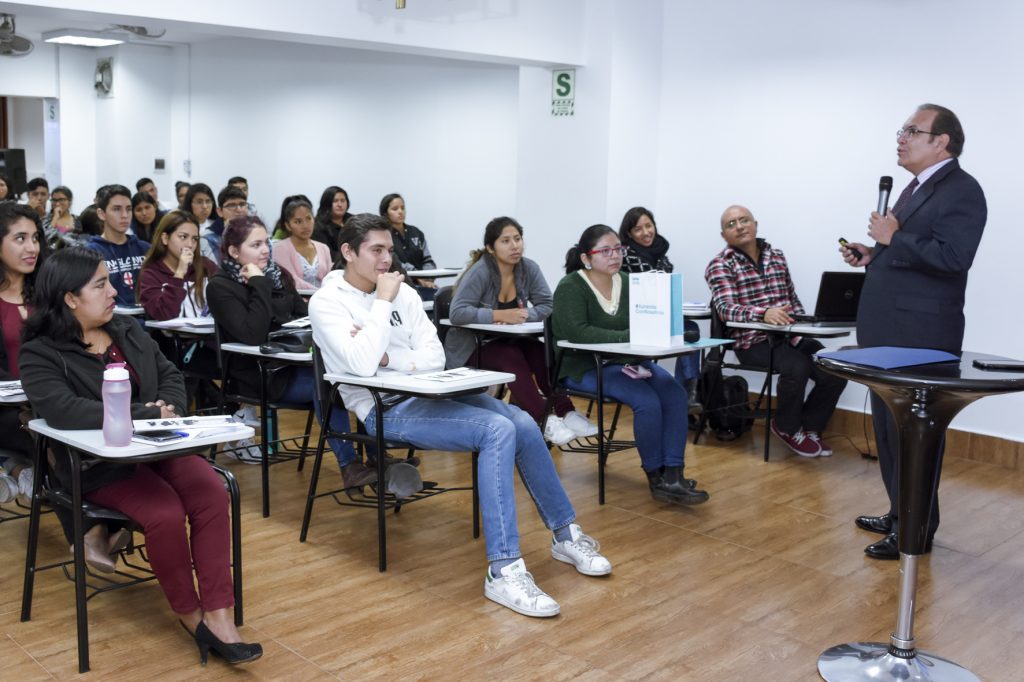Dr. Nicholas David Virzi Arroyave
Executive Director, CEES
Chairman, Investment Promotion Committee
The whole world fears that a trade war between the United States (US) and the People’s Republic of China (PRC) will be encrusted. They are very right to have this concern. If the US and the PRC fight, what would be at stake would be a global recession, a breakdown of globalized supply chains, and possibly peaceful relations between the world’s great powers, who have points of dispute that are not limited to mere economic.
The media and economists call the confrontation between the PRC and the US as Trump’s trade war. Experts criticize Trump’s trade protectionism, based on common knowledge that protectionism harms the economy of the countries involved. They are right. Free trade is always better than protectionism, from an economic perspective.
However, the US position should be viewed from a political perspective, not just an economic one. Trump does not practice protectionism against free trade. It does it against countries more protectionist than the US. The US is more open to free trade than the European Union, Canada, Mexico, and the PRC. That is why many have given in to Trump’s reasonable demands that they comply with the principles of free trade.
Incredibly, the mass media, Trump’s enemies, admit it. John King, of CNN, admitted that “Trump is absolutely right. China has been making unfair competition for decades. ”1 The New York Times published an article saying Trump was right to confront China.2 These are just two examples of the anti-Trump mass media, so they give a lot to reflect on .
In my opinion, the US and the PRC need each other and will reach an agreement. China and the US are so interdependent that it is not an option not to reach an agreement. However, it will not be the last confrontation.






